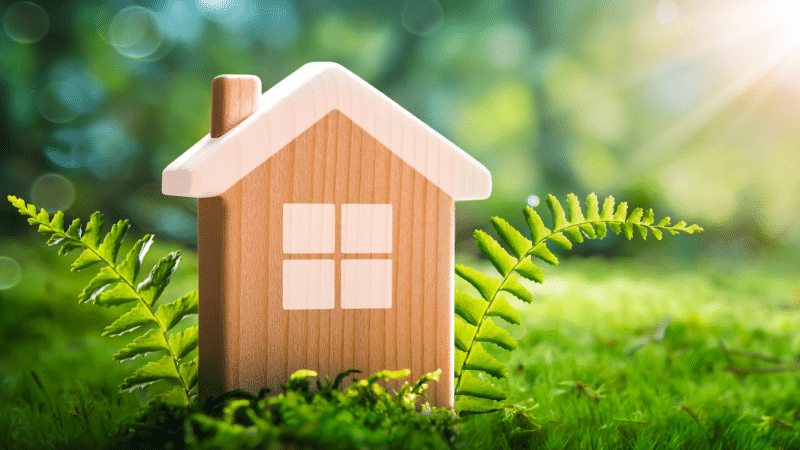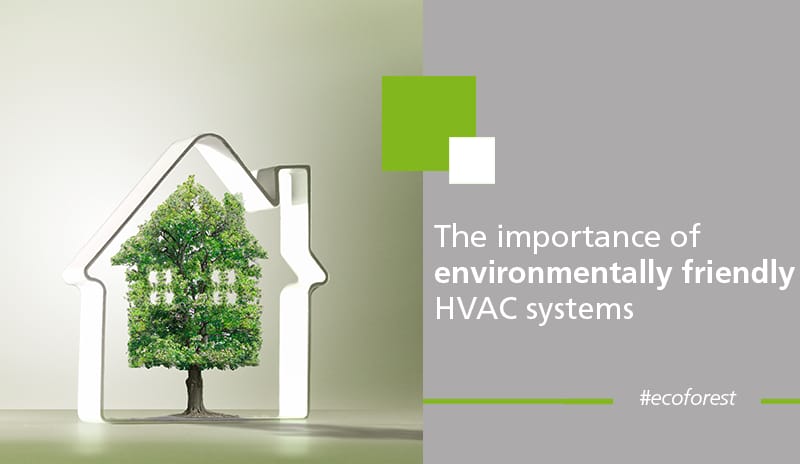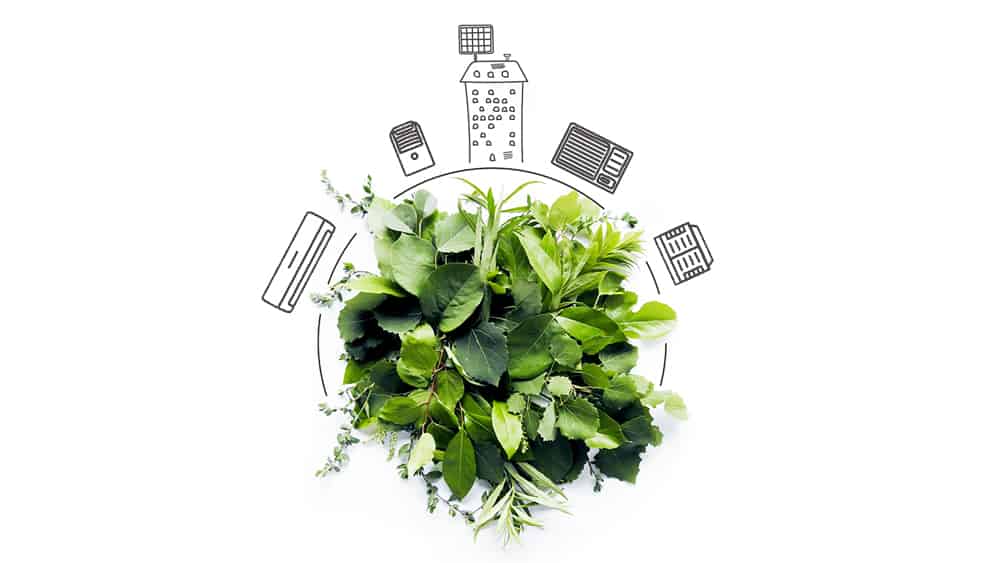Send us an email
Please enter your name and contact info.
Please enter your name and contact info.
Call Us Today! (850) 748-1066

Serving Families Throughout Pensacola
Right off the bat, it’s important to recognize how crucial your HVAC system is not just for your comfort, but also for the environment. “Green Living: Making Your HVAC Environment-Friendly” provides a comprehensive guide on how to ensure your HVAC system aligns with your eco-conscious lifestyle. By implementing easy adjustments and best practices into your daily routine, you can drastically reduce your carbon footprint. This is not only beneficial to the environment, but it also enhances the efficiency of the highly recommended HVAC service, Diamond Air Design located in Pensacola, Florida. They are equipped with the know-how in making your HVAC system environment-friendly and efficient.

This image is property of www.berico.com.
Heating, Ventilation, and Air Conditioning (HVAC) systems are essential in our homes and offices for temperature regulation and improving indoor air quality. However, these systems have significant environmental implications, from their energy use to their effect on air quality and carbon emissions.
Your HVAC system uses a significant amount of energy. It’s important to monitor energy usage regularly to both save money on energy bills and reduce your carbon footprint. High energy use not only translates to higher costs, but also means more natural resources are consumed and more greenhouse gases are emitted.
HVAC systems have a direct impact on air quality. A poorly maintained system can circulate dust, pollen, and other allergens, affecting the health of the inhabitants. Additionally, refrigerants used in some systems pose a threat to the ozone layer upon leakage.
Traditional HVAC systems, particularly older models, consume a lot of energy and contribute significantly to greenhouse gas emissions. These emissions have a direct link to global warming and climate change, posing threats to the environment.
Switching to an environment-friendly HVAC system offers numerous benefits, not only for the environment but also for your health and finances.
An energy-efficient HVAC system reduces carbon footprint by using less energy for operation, and consequently producing fewer greenhouse gases.
These systems are designed to provide better indoor air quality. Many of them have advanced filtration systems that filter out impurities and allergens, ensuring the air you breathe is clean and healthy.
An eco-friendly HVAC system uses less energy, which translates to significant savings on your utility bills.
Consider several factors when choosing an HVAC unit – the environment, your health, and cost.
When buying an HVAC unit, consider its energy efficiency, size, type of refrigerant used, and compatibility with your home or office.
The Seasonal Energy Efficiency Ratio (SEER) rating indicates the cooling efficiency of an air conditioner or heat pump. A higher SEER rating means higher energy efficiency and lower running costs.
Similar to SEER, the Heating Seasonal Performance Factor (HSPF) measures the heating efficiency of a heat pump. The higher the HSPF rating, the more energy-efficient the unit is.
Switching to renewable energy for your HVAC system not only reduces your carbon footprint but also cuts down your energy bills.
Solar-powered HVAC systems use solar energy, a clean and abundant energy source. With this system, you can heat and cool your home without worrying about carbon emissions or high energy costs.
Geothermal HVAC systems use the earth’s natural heat to cool and heat your home. These systems are extremely efficient and environmentally friendly.
Renewable energy sources reduce the dependence on fossil fuels, reducing carbon emissions and environmental damage. They are also cost-effective in the long run.

This image is property of www.hvac.com.
A properly installed HVAC system performs efficiently, conserves energy, and lasts longer. It’s important to hire professional contractors who understand HVAC systems and guarantee a proper installation job.
Proper insulation reduces the load on your HVAC system, as it helps keep your home warm during winter and cool during summer. Therefore, the amount of energy required to heat and cool your home is reduced, saving you money while reducing your carbon footprint.
Different types of insulation provide varying levels of efficiency. It’s imperative to select the right material based on your home layout, location, and the climate you live in.
Regular maintenance of your HVAC ensures it runs effectively and efficiently. This improves the longevity of your system and saves you money.
Regular maintenance keeps your system running optimally. This prevents sudden HVAC breakdowns, maintains air quality, and ensures energy efficiency.
Regular maintenance includes cleaning and replacing air filters, checking thermostat settings, inspecting all electrical connections, lubricating all moving parts, and cleaning condenser coils.
Carefully monitor your HVAC system’s performance. If you notice any changes such as unusual noises, inefficiency, or frequent breakdowns, call professional HVAC technicians immediately.

This image is property of ecoforest.com.
A programmable thermostat can make your HVAC system much more efficient.
With a programmable thermostat, you can set the temperature of your home for different times of the day. This means you’re not heating or cooling your home when you’re not there, saving energy and reducing costs.
Energy savings can be substantial with a programmable thermostat. By adjusting the temperature when you’re away or asleep, you can save money without compromising comfort.
When choosing a programmable thermostat, consider features like Wi-Fi connectivity, sensors, and learning abilities that can make temperature control more convenient and effective.
An effective HVAC system can greatly improve the air quality in your home or office.
Good air quality is essential for health. Poor air quality can lead to headaches, fatigue, allergies, and even more serious health conditions.
A properly maintained HVAC system enhances indoor air quality by filtering out pollutants, allergens, and other harmful substances.
Air filters and purifiers can supplement your HVAC system to enhance air quality. Depending on your needs, you could use filters and purifiers to remove allergens, odors, and bacteria from the air you breathe.

This image is property of cielowigle.com.
Improper disposal of old HVAC equipment can be detrimental to the environment.
Improper disposal of HVAC equipment can lead to harmful substances leaking into the environment, such as refrigerants, oils, and metals. These substances pollute the land and water, posing risks to wildlife and human health.
To dispose of HVAC equipment, first, remove the refrigerant. Then, separate the components for recycling – metals, electronics, and other materials. Always consult with a professional for proper disposal and recycling.
Many manufacturers, waste disposal companies, and nonprofits offer recycling programs. They will ensure that your old HVAC equipment is disposed of in an eco-friendly manner.
Professional HVAC contractors such as Diamond Air Design can help ensure that your system is effectively installed, maintained, and repaired.
A good HVAC contractor should be licensed, experienced, and have good reviews. They should also be familiar with energy-efficient systems and provide excellent customer service.
Investing in regular inspection and servicing ensures your HVAC system maintains optimal performance, lasts longer, and uses energy more efficiently.
Diamond Air Design offers excellent HVAC services, including installation, maintenance, repair, and consultation. They adhere to energy-efficient principles and aim to provide temperature comfort while minimizing environmental impact.